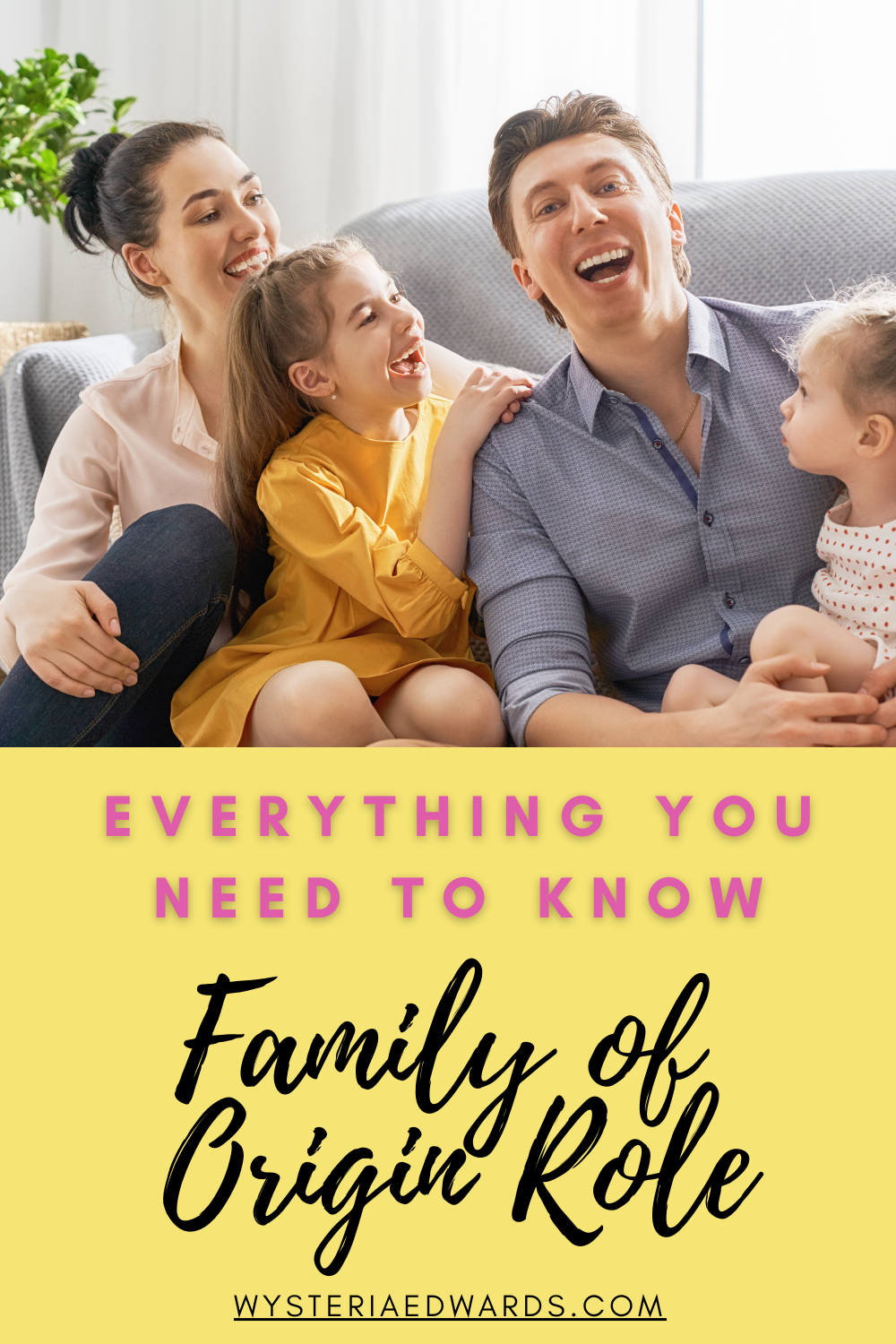Everything You Need to Know About Your Family of Origin Role
Jun 30, 2021
"It the best parts of us that are willing to look at the worst parts of us."
There are different roles we play in our family origin.
What role did you play?
As we allow our hearts to be captured by our own stories, it is important to look at the place we held in our family. Not simply our birth order or culture, but the role(s) we were assigned or assumed to create emotional safety and rhythm in the family structure. Much like our attachment styles, we are greatly influenced by what was expected of us and what would/will happen if we stop playing a role.
I learned this as I healed from the triangulation with my mother, as she had made me a surrogate spouse. Adam Young says, "We cannot grieve what hasn't been fully and accurately named."
Let me explain,
When a couple is unable to meet each other's emotional needs, contain space for one another, and participate in repair after rupture, many parents will look to a child for emotional support and connection.
This leaves the child feeling, valuable, chosen, important, and tightly valued. After all, she's daddy's princess or mommy's confidant. Unfortunately, when triangulation occurs the opposite spouse will gradually grow resentment and contempt for their spouse choosing the child over them. This can leave the child seeing the "unchosen" parent as dismissive, angry, isolating, and distant.
Triangulation is a covert form of sexual abuse.
It's dressed up as love, but it is parentification. It is abuse.
Besides acting as a surrogate spouse, there are other roles children assume.
Do you identify with any of them?
1. The Golden Child/Hero Child
- Were you the "good" or "responsible" one?
- Did you work hard so your parents would feel good about themselves?
2. The Fool Child
- Were you often the brunt of family jokes?
- Did you feel like most of Mom or Dad's contempt or ridicule was directed at you?
3. The Problem-Child
- Did you feel like your family thought of you as "the one who needs the most help?"
- Did you get into more trouble than your siblings?
- Often doesn't adhere to your family values, so made to be a scapegoat.
4. The Truth-Teller Child
- Were you the child who was most likely to say things that no one else would say?
- Did you have a sense of "I'm the only one who ever says it like it is"?
- Did other family members get mad at you for saying things that you "shouldn't" say?
- You were often scapegoated, as well, because you had the courage to speak out about the family.
5. The Complicated/Dramatic Child
- Were you the most sensitive person in the family, the deepest feeler, like an emotional barometer of the family?
- Were you told things like, "You're too sensitive" or "You're overly dramatic"?
6. The Clown Child
- Did you use humor to deflect family conflict or ease family pain?
- Were you gifted at lightening intense family moments by saying something funny?
7. The Lost Child
- Were you obedient and passive, the one who stayed out of the way to avoid causing problems or being a burden?
- Did you feel like your heart and desires got lost in the midst of the family drama?
(Young, 2021)
Here are some resources to check out for more information on Family of Origin:
Silently Seduced: When Parents Make Their Children Partners
Remember, we can't embrace the future unless we studied the past.
Take Good Care,
Wysteria
Want to save this post for later?
Pin this image below.


